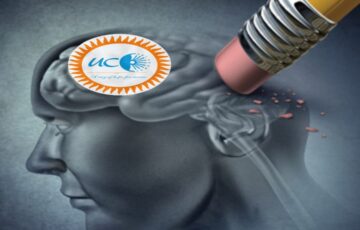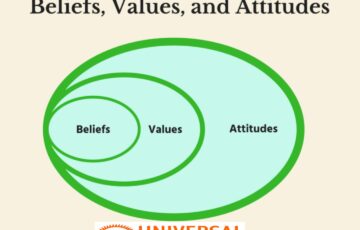What is the relationship between ethics and aptitude? How does a person’s moral character affect their ability to make rational decisions and act in the best interest of society?
The relationship between ethics and aptitude has long been debated in philosophy and social sciences. Ethics is concerned with moral principles and values, while aptitude refers to the natural ability or talent to do something well. Both ethics and aptitude play a significant role in shaping an individual’s personality and behavior.
Body
Ethics and Aptitude:
Ethics and aptitude are interrelated, and both have a significant impact on a person’s behavior.
Ethics is concerned with the principles and values that guide our behavior and decision-making, while aptitude is the natural ability or talent to perform certain tasks well.
An individual’s aptitude can influence their ethical behavior, as they may be more likely to act in accordance with their abilities and strengths.
Similarly, an individual’s ethics can affect their aptitude, as they may prioritize their moral values over their natural abilities in certain situations.
The relationship between ethics and aptitude is further complicated by the fact that individuals may have different ethical values and aptitudes.
For example, an individual may have a strong aptitude for science, but their ethical values may prioritize environmental protection over scientific progress.
In such cases, the individual may struggle to reconcile their natural abilities with their moral values, leading to conflicts and difficult decision-making.
Moral Character and Rational Decision-Making:
Moral Character and Rational Decision-making A person’s moral character can affect their ability to make rational decisions.
Rational decision-making involves weighing the costs and benefits of different options and choosing the option that maximizes the benefits and minimizes the costs.
A person’s moral character can influence how they weigh these costs and benefits.
For example, a person who values honesty highly may choose to tell the truth even when it is not in their best interest.
In contrast, a person who lacks such moral values may be more likely to lie to avoid the consequences of telling the truth.
In this way, a person’s moral character can influence their ability to make rational decisions.
Moral Character and the Best Interest of Society:
A person’s moral character can also affect their ability to act in the best interest of society.
Acting in the best interest of society involves making decisions and taking actions that benefit society as a whole. A person’s moral character can influence how they define what is in the best interest of society.
For example, a person who values social justice highly may prioritize policies that benefit marginalized groups, even if it means sacrificing their own personal gain.
In contrast, a person who lacks such moral values may prioritize policies that benefit themselves or their own group, even if it comes at the expense of marginalized groups.
Conclusion
The relationship between ethics and aptitude is complex and multifaceted. While ethics and aptitude are interrelated, they may also conflict with each other in certain situations.
An individual’s moral character plays a crucial role in their ability to make rational decisions and act in the best interest of society. Therefore, it is essential to develop strong ethical values and moral character, which can enhance an individual’s aptitude and promote ethical behavior.
Ultimately, a society that prioritizes ethics and moral character is more likely to flourish and achieve sustainable progress.








